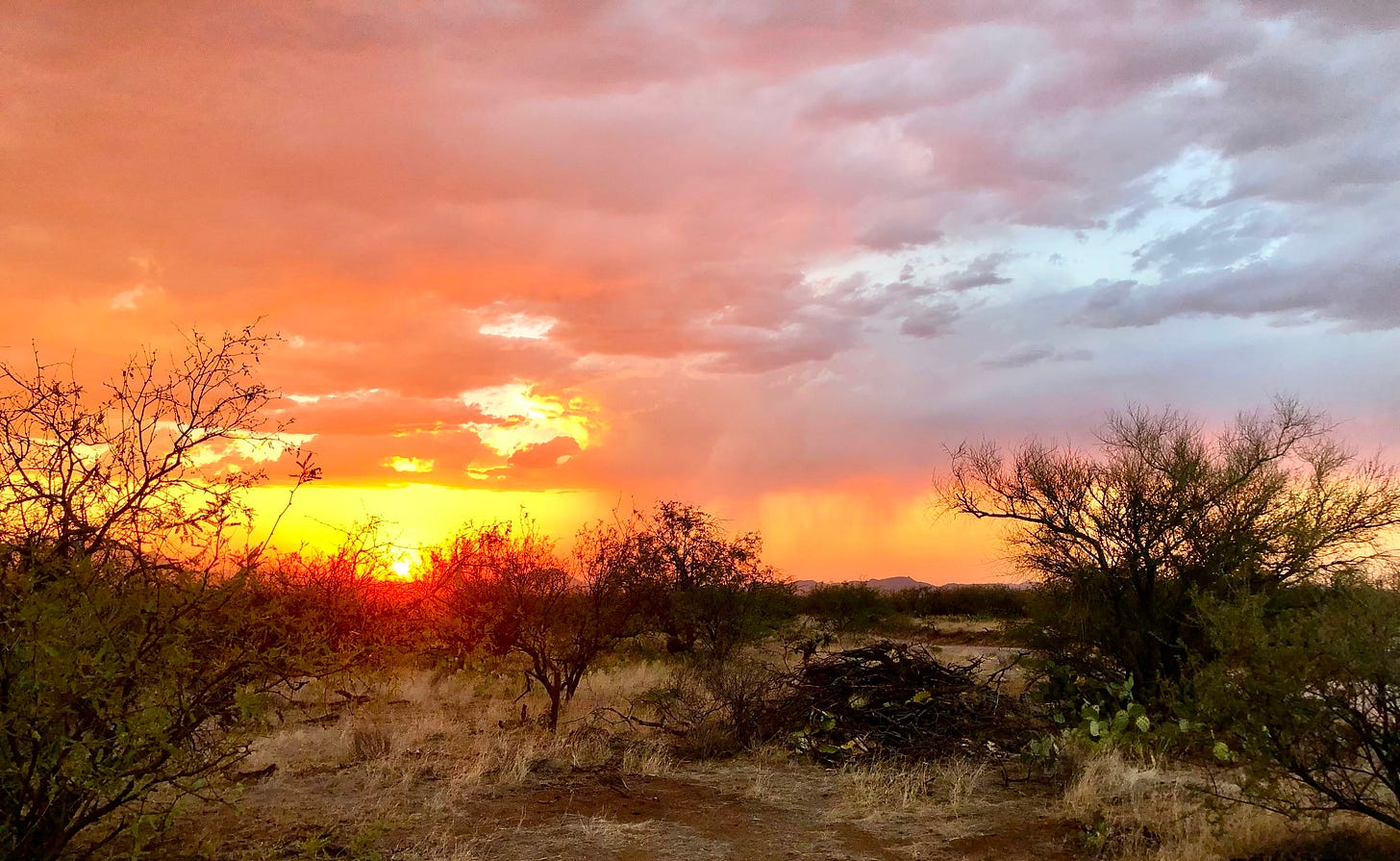So, what does it mean to be a Christian who is not dogmatic in faith or practice? Because on the one hand, many gather intentionally to explore enlightenment specifically within a Christian frame. And within that frame, Jesus might have some tips for us. But also, why do we have to be so exclusive?
I have found myself struggling within Christian spaces because there is often a delineation between who is Christian and who is not. Even I exclude myself from Christian affiliation (despite being the descendent of 300 years of various Christian traditions.) I don’t call myself Christian however, because I don’t want support nationalism, white supremacy and colonialism. I also haven’t read and studied the bible. (Who calls themselves a Christian yet doesn’t read the bible?) So I call myself, and let others call me, ‘Christian adjacent.’
But why?
A month ago I shared the story of a trans woman who is no longer welcome in her church. Before transitioning she was about to become an ordained deacon. I cried as I listened to her beautiful stories of various awakenings. She’s had many through out her life and some during mass. At one moment she’s almost a deacon, the next she’s not — and the only thing that changed was the way she presented her gender to the outside world.
At first I wondered why would she keep going back to an institution that excludes her? I tried to psychologize and even thought about how she has relational human needs like all of us – old wounds that need healing. But I’m also in awe that she kept finding ways to go back into a broken church and find healing.
In the end, she finally left her church and I found myself relieved. That reaction made me reflect how it’s all too easy to hope that the one pushing the boundary and simultaneously being oppressed moves on to find a more welcoming environment. But why didn’t I hope that the church who sought to exclude her would change? What about the story of Christianity that has a vice grip on the category of gender?
Angela Davis writes in her book, Freedom is a Constant Struggle: Ferguson, Palestine, and the Foundations of a Movement, “What if transgender stories are the ones that eventually make space for all women, men, and nonbinary folks to tell their story about the ways in which gender has failed us?”
Davis’ question makes me wonder, what if the church where my research participant attended were to honor her tender time of transformation and awakening by collectively exploring the ways in which a gendered Christian story has failed all of us? Or a where a racialized Christian story has divided us? What are the dogmatic boundaries fostering division and separation within the institution of Christianity that might be secretly pointing us towards a pathway of repair?




